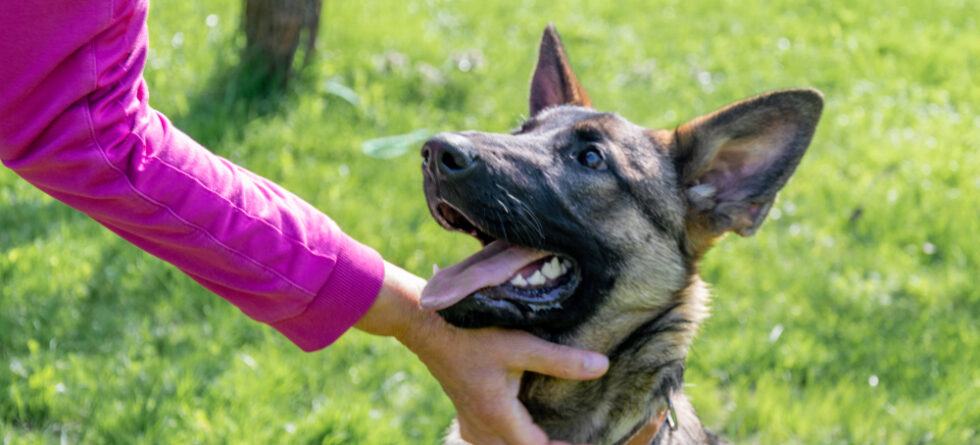While dog training philosophies and methods vary widely among trainers and behaviorists, there are several foundational principles that many agree on for effective training. Here are seven key rules that are commonly emphasized in dog training:
Consistency is Key
Consistency in commands, rules, and responses is crucial for dog training. If the rules keep changing, it will confuse your dog. Everyone in the household should use the same commands and maintain the same expectations for behavior.
Use Positive Reinforcement
Rewarding desired behaviors with treats, praise, or play makes learning a positive experience for the dog and encourages them to repeat those behaviors. Positive reinforcement is one of the most effective training methods and builds a stronger bond between you and your dog.
Timing is Everything
Rewards or corrections must be given immediately following the behavior to be effective, ideally within seconds. This helps the dog associate the reward or correction with the specific behavior.
Keep Training Sessions Short & Sweet
Dogs have short attention spans. Training sessions should be brief (5-10 minutes for puppies and up to 15 minutes for adult dogs) and focused to keep them engaged and prevent frustration.
End on a Positive Note
Always try to end training sessions with success, even if it means reverting to an easier task that your dog can complete. Ending positively makes sure that your dog looks forward to future training sessions.
Patience is a Virtue
Training takes time, and every dog learns at their own pace. Be patient and understanding. Showing frustration or anger can interrupt the training process and harm your relationship with your dog.
Customize the Training to the Dog
Tailor your training approach to your dog’s individual personality, learning style, and needs. Some dogs may respond better to certain methods or incentives than others. Being flexible and observant can help you find the most effective way to communicate with your dog.
These rules provide a foundation for effective and humane dog training, emphasizing the importance of patience, consistency, and positive reinforcement. By following these principles, you can help ensure that training is a rewarding experience for both you and your dog.

